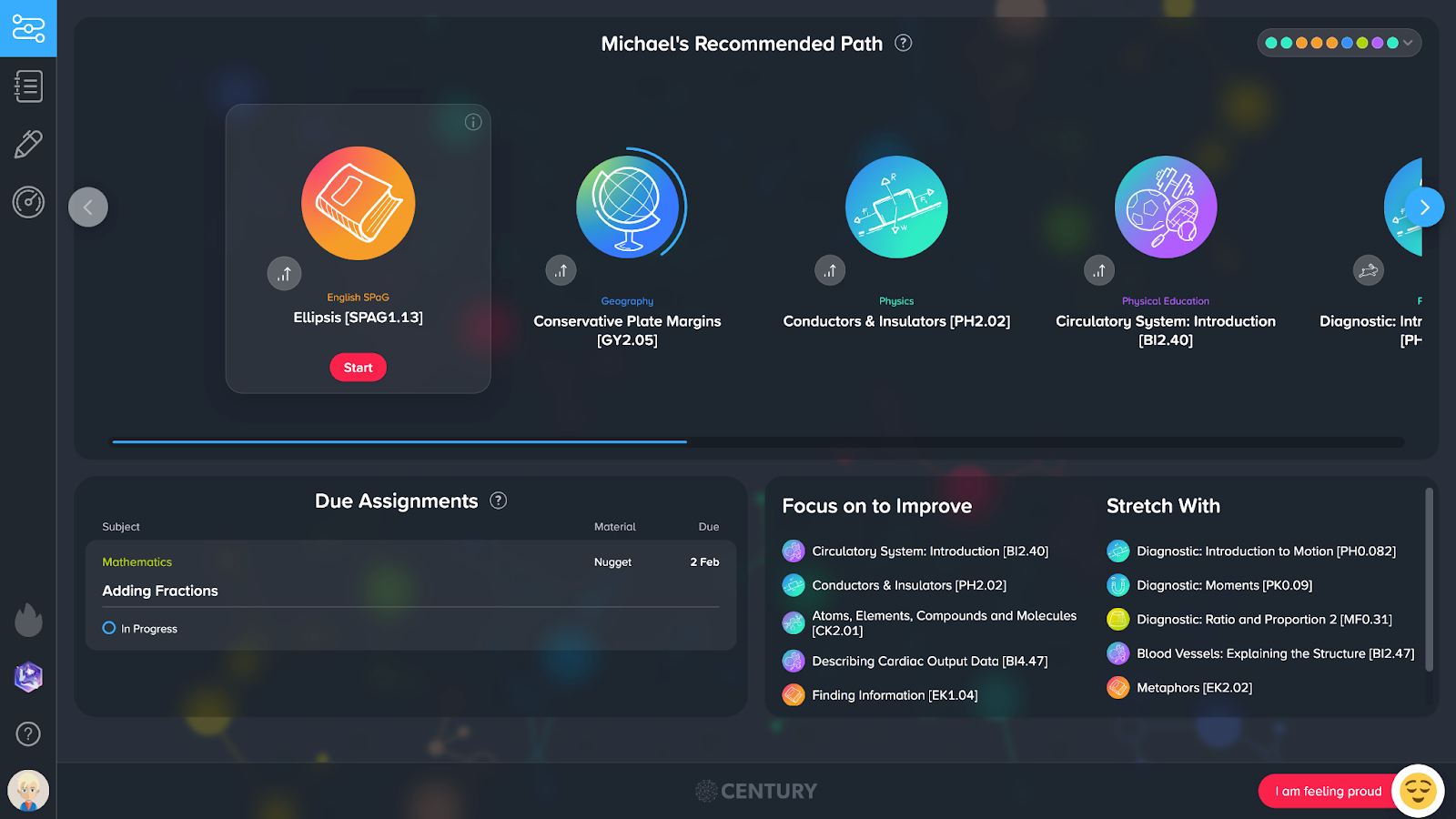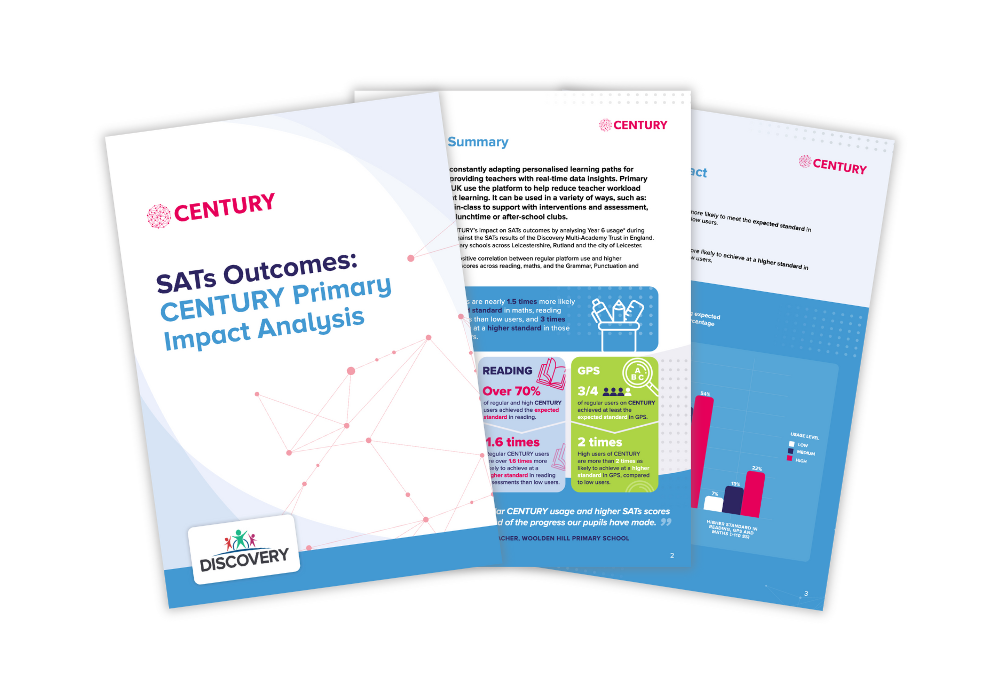Digital assessment is “a matter of when not if”, the AQA chief executive has told a Labour conference fringe event.
When describing the word clouds from AQA’s research for their first trials of digital assessment, the exam board’s Chief Executive Officer Colin Hughes said the big bold word in the middle of every one was always “inevitable”. He added, “that’s the reaction we got from teachers and school leaders: this has to happen, it’s going to happen”.
Hughes was speaking on Monday as part of a panel discussion chaired by Natalie Perera, Chief Executive of the Education Policy Institute (EPI), entitled Digital visions: the future of assessment. Despite the challenges, Hughes told the audience “there was a very strong feeling that was totally doable”. He did urge caution as transforming national assessments such as GCSEs from an analogue system to digital could take as long as “10 to 12 years”. Nonetheless, he said, “it is a matter of when, not if”.
One of the most significant challenges to digitsing GCSEs comes down to the disparity in access to technology for schools and pupils across the country. The government recognised this during the pandemic, and has distributed almost two million devices since 2020, but that alone is not enough.
A recent survey by CooperGibson found that many children have to share one computer between two or three, limiting access. During the panel discussion, Carole Willis, Chief Executive of the National Foundation for Educational Research (NFER), highlighted that “only 9 percent of schools were perceived to have a high level of digital maturity”, so they would not be ready to embrace digital assessment.
Given that thousands of schools, too, lack a consistent broadband connection, CENTURY’s founder and CEO, Priya Lakhani has called on policymakers and the government to ensure a minimum specification for all schools. Lakhani said that “the golden triangle” of software, hardware and connectivity was needed, and urged the government to commit further financial investment in the sector.
Access is not the only challenge for a fair and rigorous digital assessment system to be put in place, however. The Times Education Commission (among others) have called for an overhaul of high stakes exams, and innovating assessments themselves is key. Willis warned that these assessments should not just be “paper behind glass”, like some of the current digital GCSEs which simply upload existing assessments to a screen. She added, “on the screen, you can move beyond that”.
Overcoming these challenges will have key benefits that many believe are worth the initial investment and transition period. Julie McCulloch, Director of Policy at the Association of School and College Leaders (ASCL) said that digital assessments could relieve the “burden of assessment” on 16 year olds who on average spend “about 33 hours sitting exams”. McCulloch also suggested that advances in technology, for example with adaptive assessments, could be particularly beneficial for the forgotten third of pupils who do not gain a pass in maths and English at 16 and “have done resit after resit after resit”.
It is not just the forgotten third either, as all pupils would benefit from adaptive assessment technology. Priya Lakhani explained how adaptive assessments could learn about the student taking the test in real time, making the assessment more efficient. An adaptive assement can find a student’s level with pinpoint accuracy, while also having the potential to test different types of knowledge and skills. Lakhani challenged the audience to “imagine a machine” that could learn “the skill set the child is struggling with”. The smart assessment could then “test the skill with another question”.



